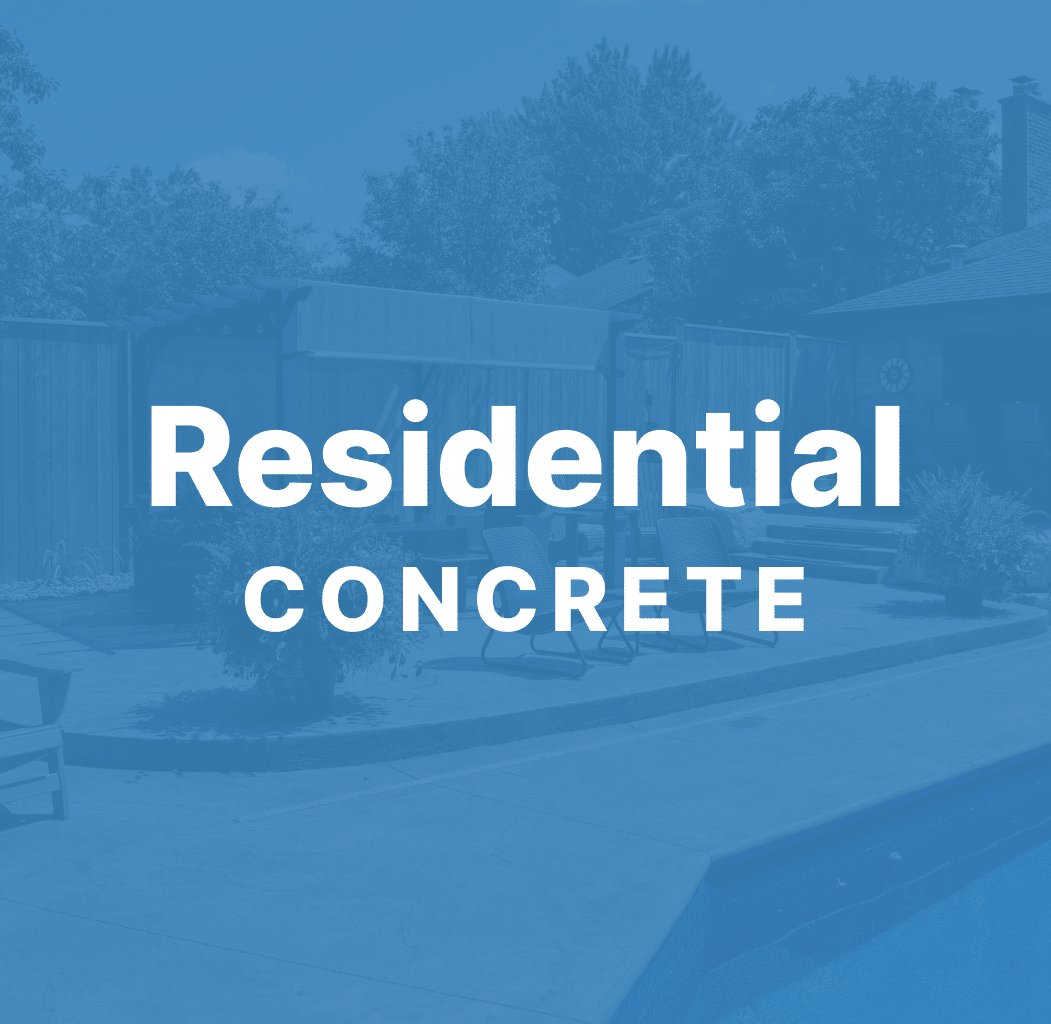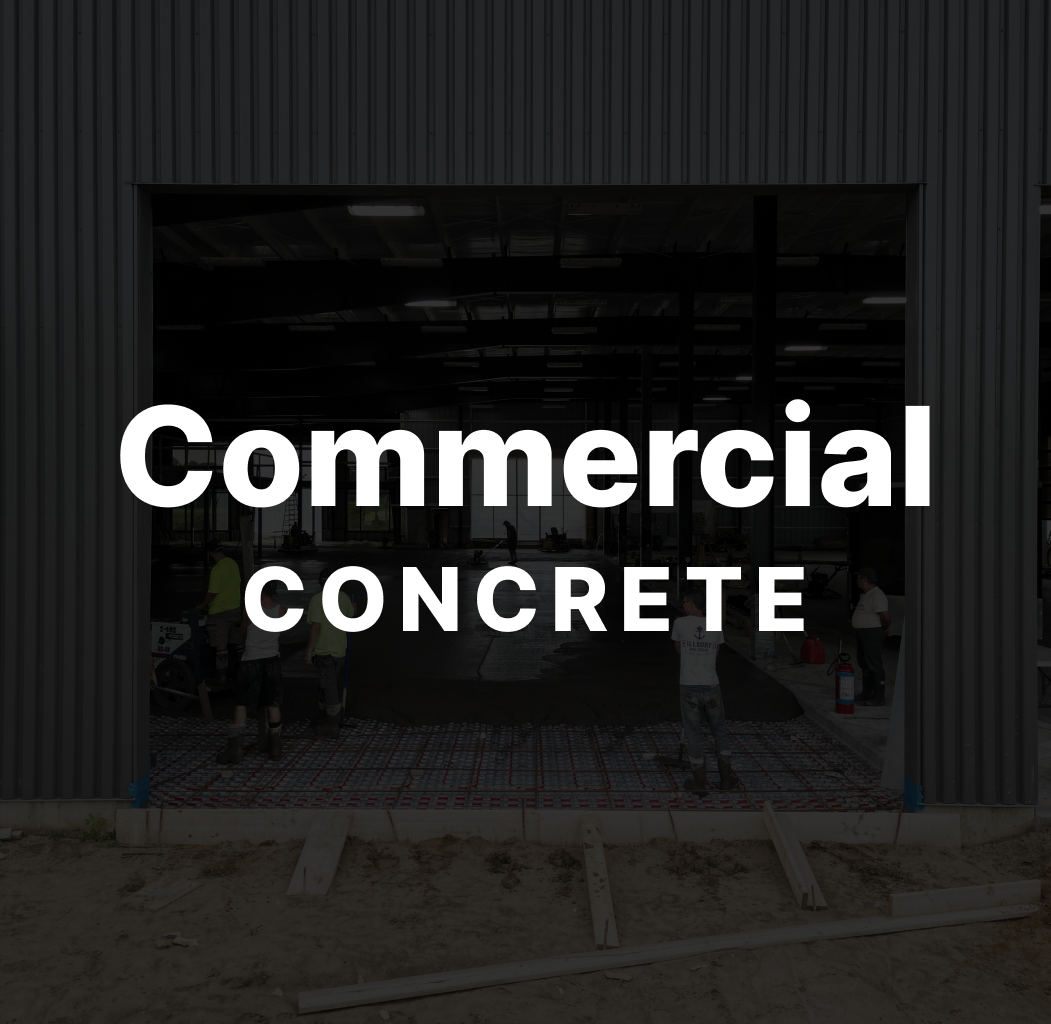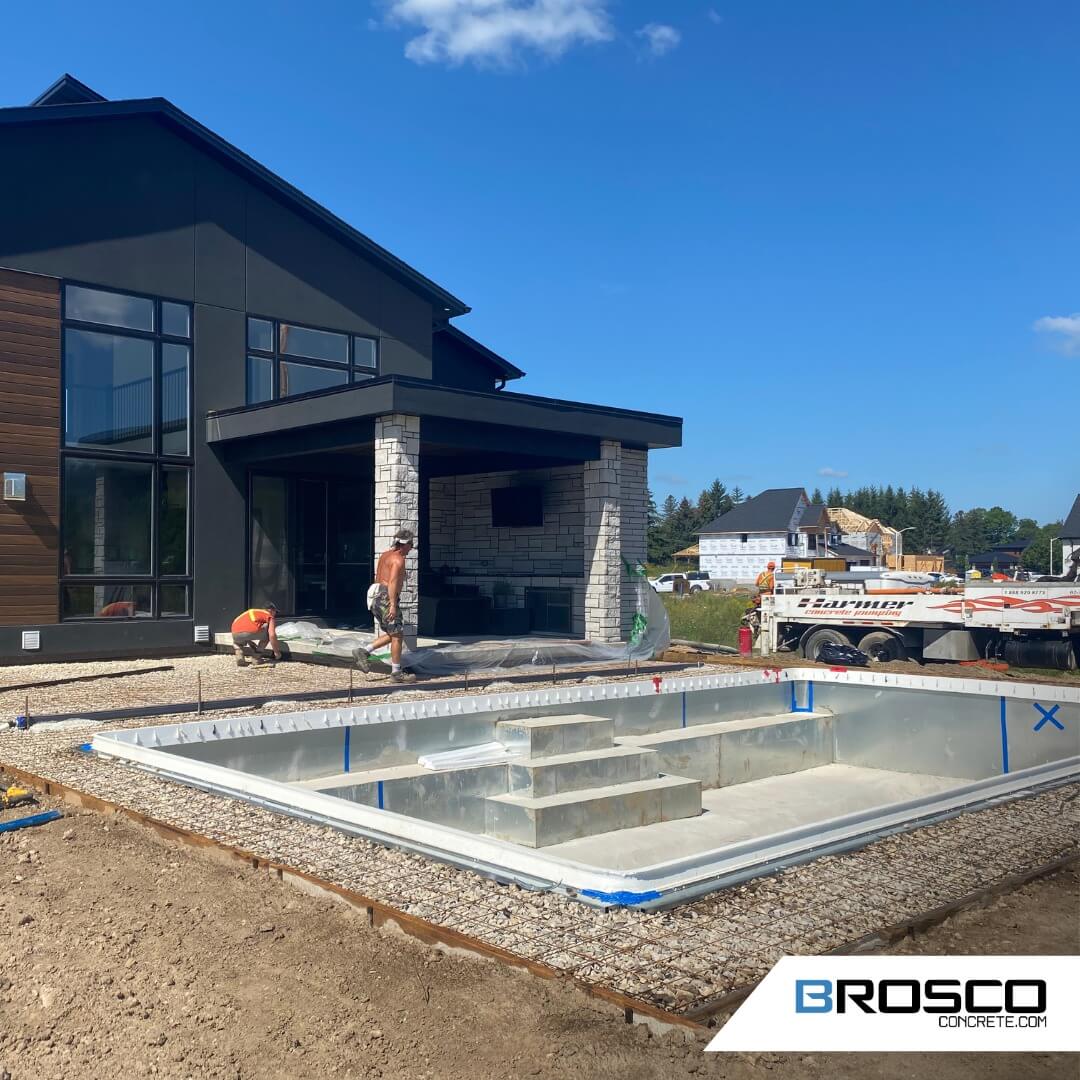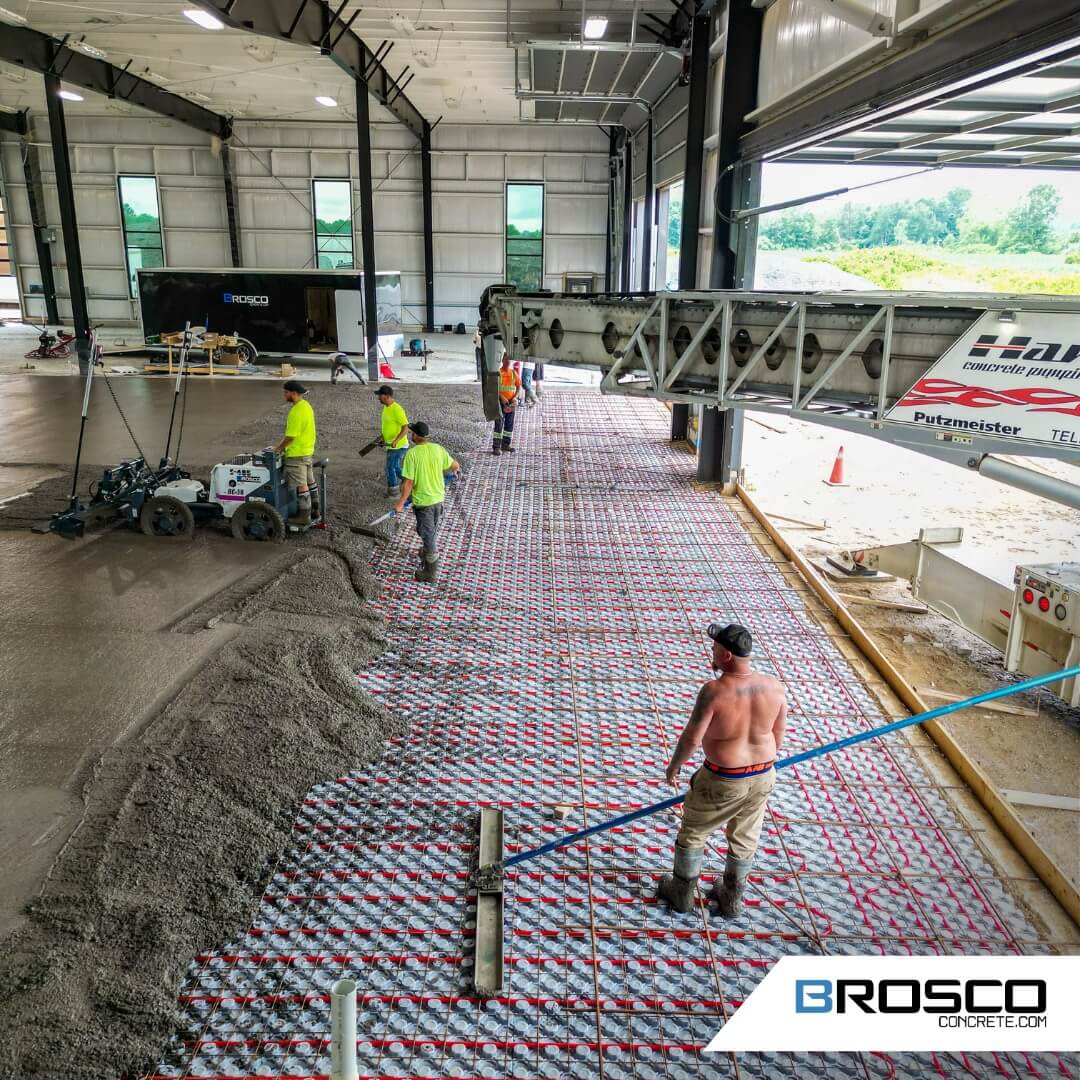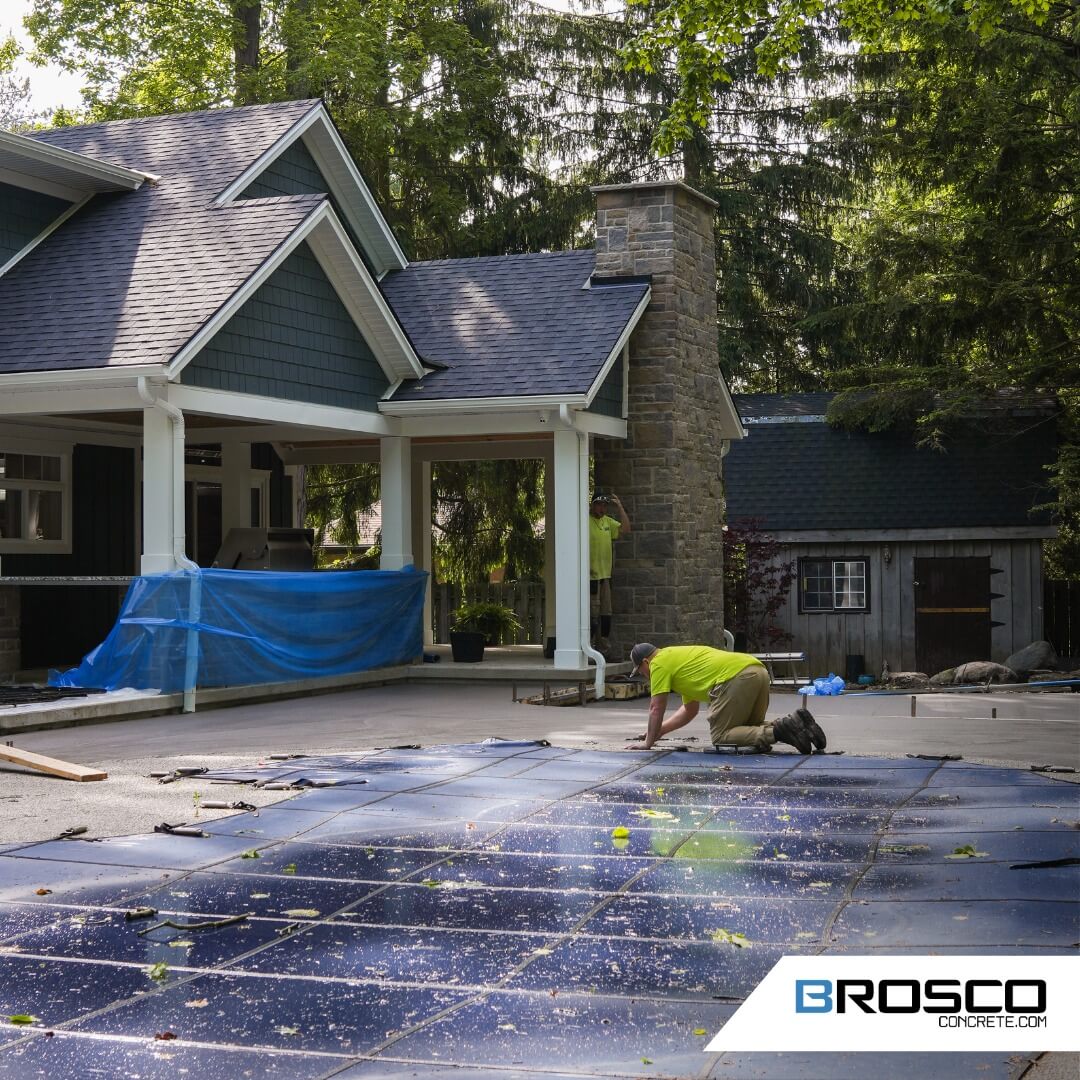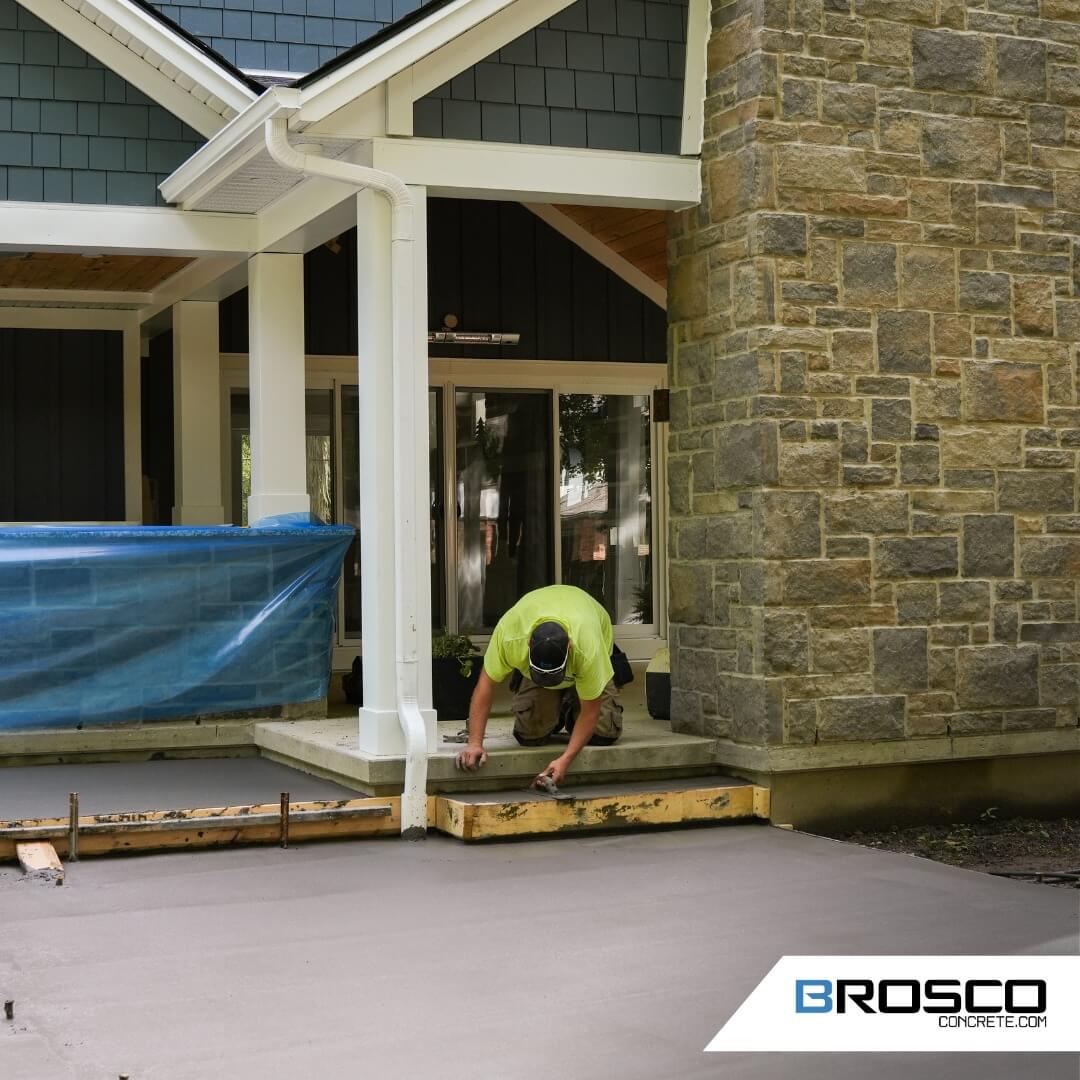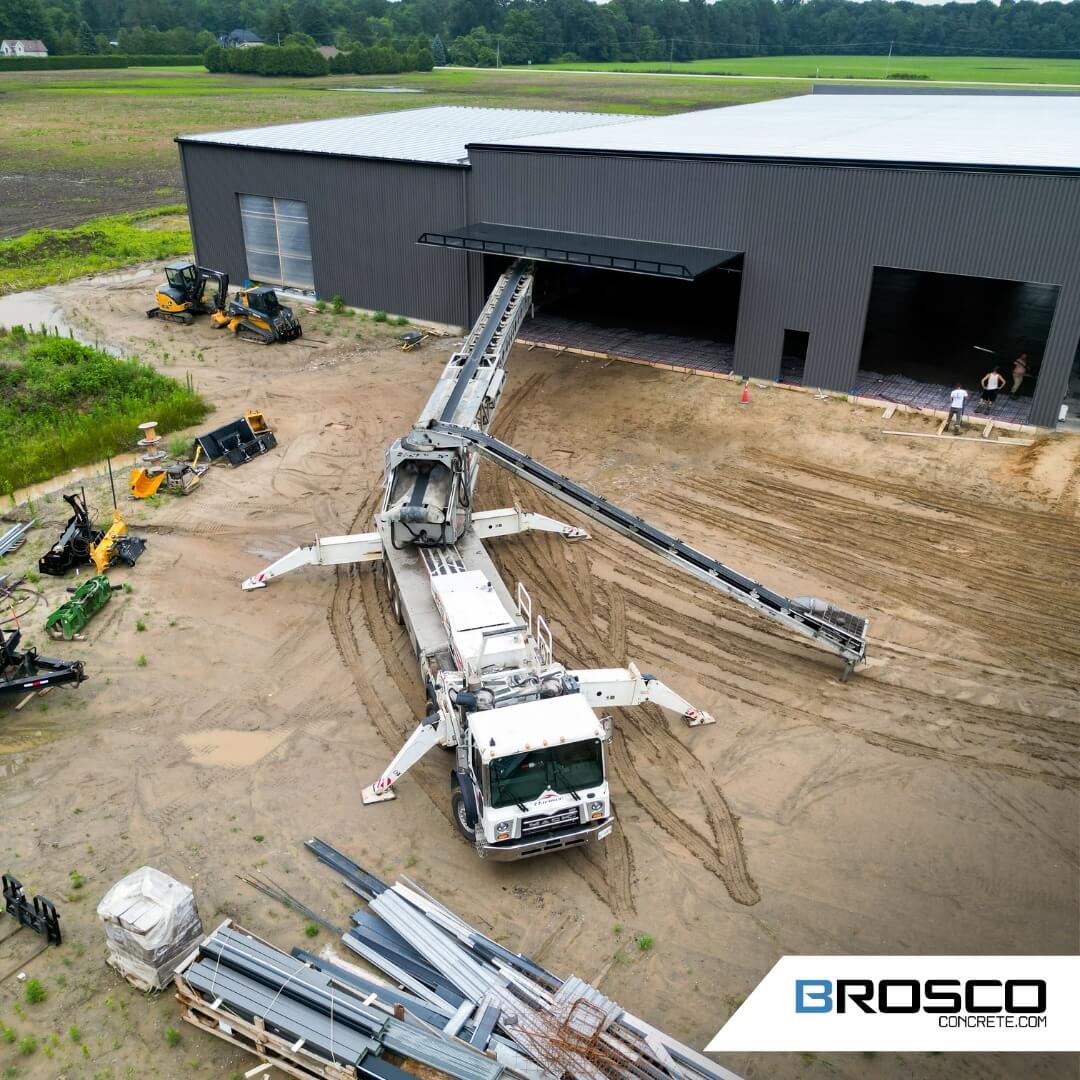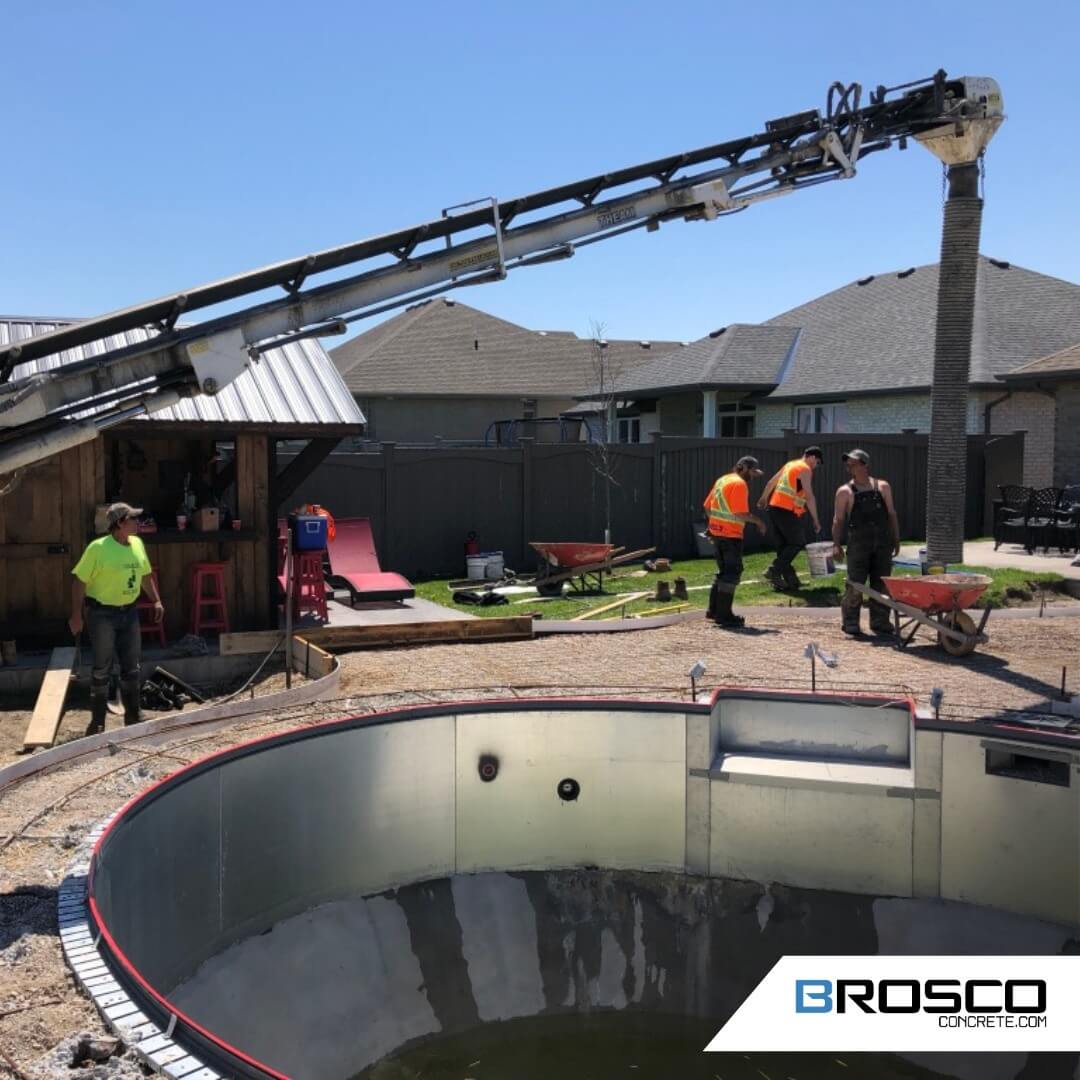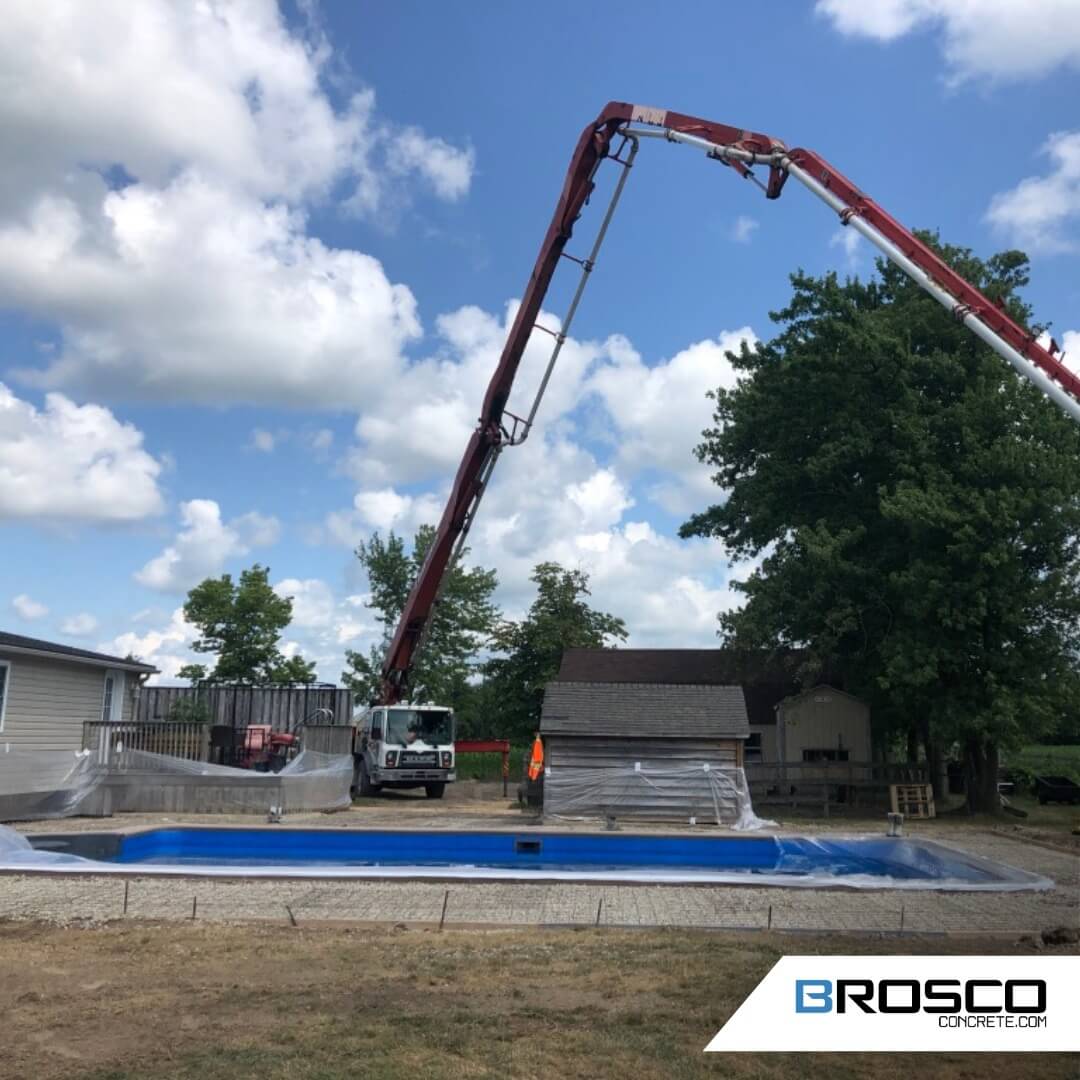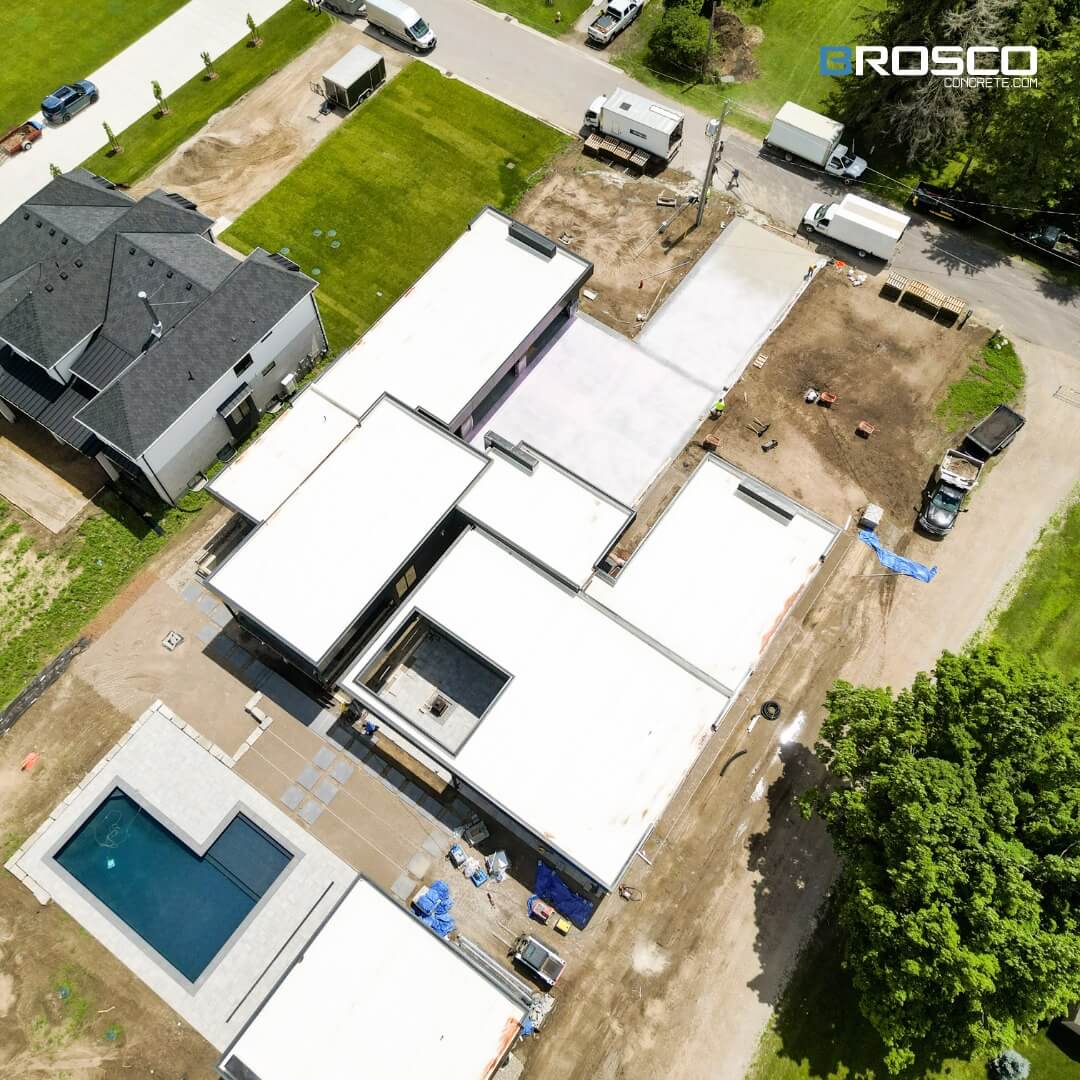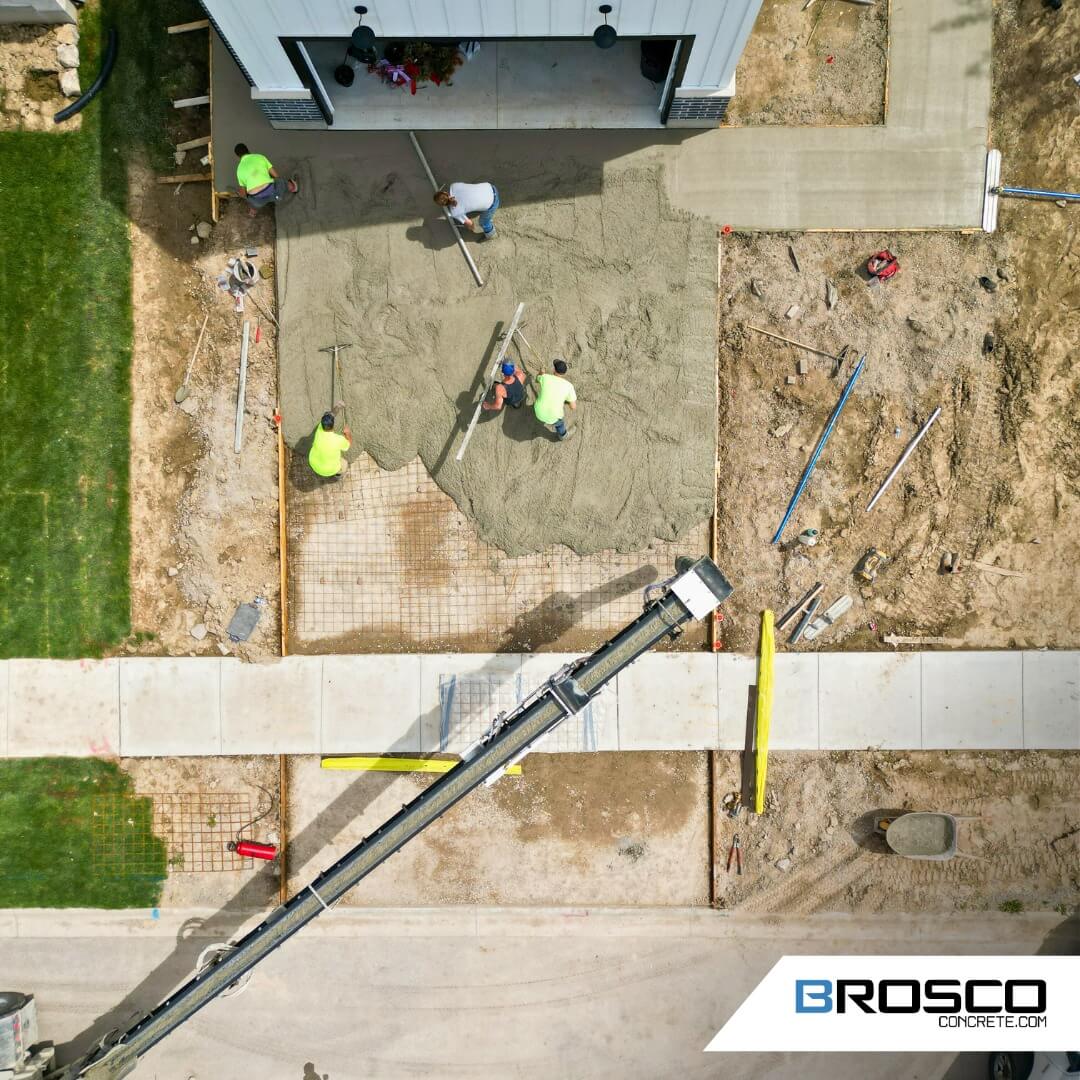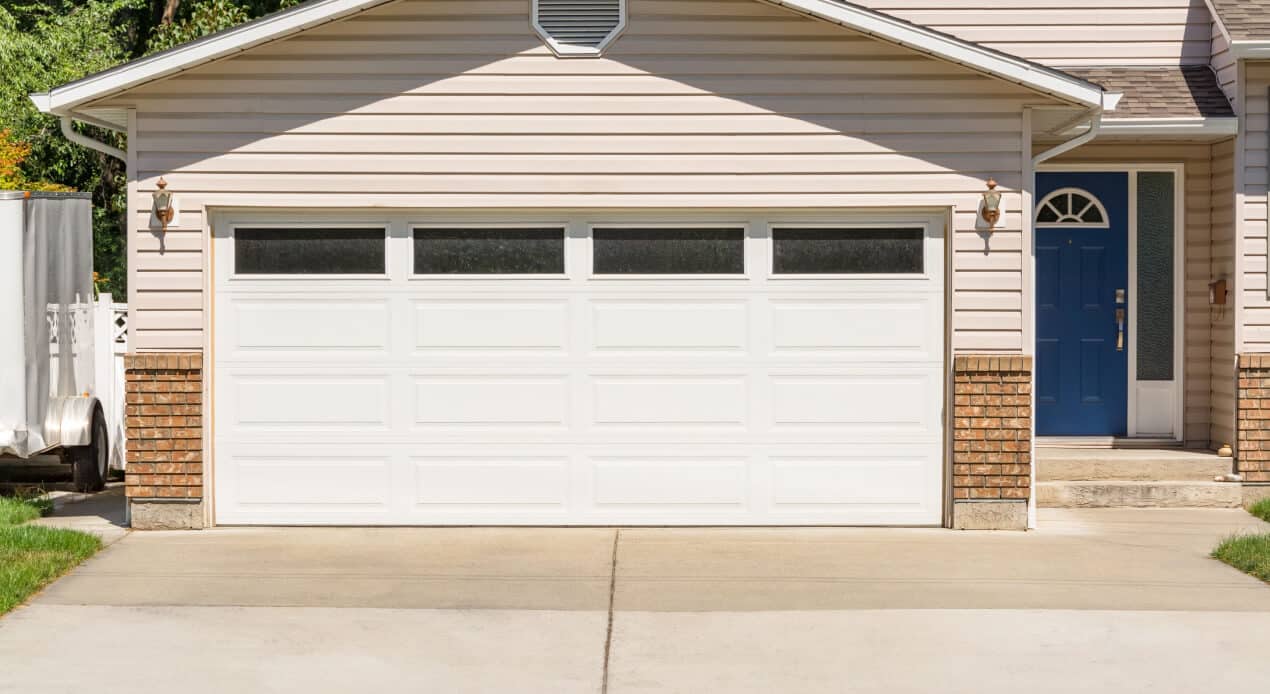
7 Great Benefits of Having a Concrete Driveway
There are many types of driveway materials available, here are 7 Great benefits of having a concrete driveway.
Did you know concrete driveways can last 25-50 years, nearly a lifetime? Concrete hands down just lasts longer than its other driveway material counterparts. We are talking 60% longer and that is with less maintenance too. If you are in it for the long haul concrete is the way to go.
When you consider longevity, and durability concrete is relatively affordable. You may only have to do it once during the time you live in your home. While concrete is more expensive than gravel and asphalt it is comparatively less expensive than pavers, cobblestone or brick. It also outlasts all these options.
Over are the days when a flat grey slab was the only option. Various colours can now be added to the concrete as well as there being multitudes of textures. These days your driveway can be a part of the overall design of your home. You can make your driveway a unique attraction.
Periodic sealing is required every few years but costs are minimal and it is mainly for preventing staining and surface damage. If you come across stains it is as easy as soap and water for clean-up. There are also ways to ensure your concrete driveway lasts to its full potential. Contraption joints and penetrating sealers added at install can protect against cracks, de-icers and moisture.
Concrete presents a stylish, clean appearance so you stand out in your neighbourhood. Its design often even works well with the landscaping. Need to sell? Concrete is sure to impress. Concrete driveways raise your property value and you are likely to recover some of its value in the sale.
No matter what vehicle you have in your driveway the strength of concrete can handle it. Whether it is trucks with heavy loads, boats or RVs concrete will hold up to its stronghold reputation. There will be no rutting other damage due to load bearing capacity.
Less energy is used to produce and place concrete driveways than other driveways. Also, unlike asphalt, no petroleum products are used. In addition, they are replaced less often consuming less energy through replacement cycles.




